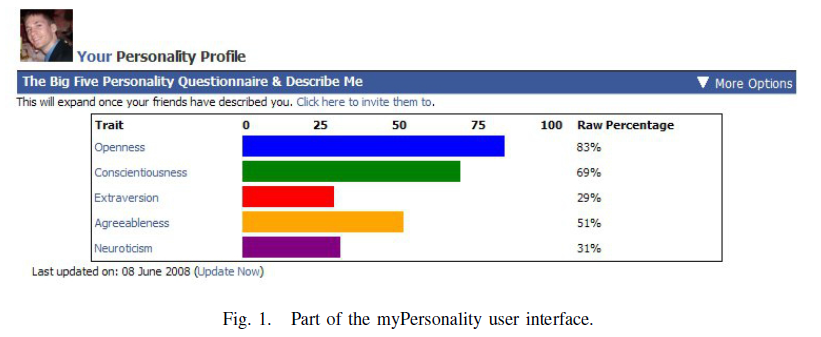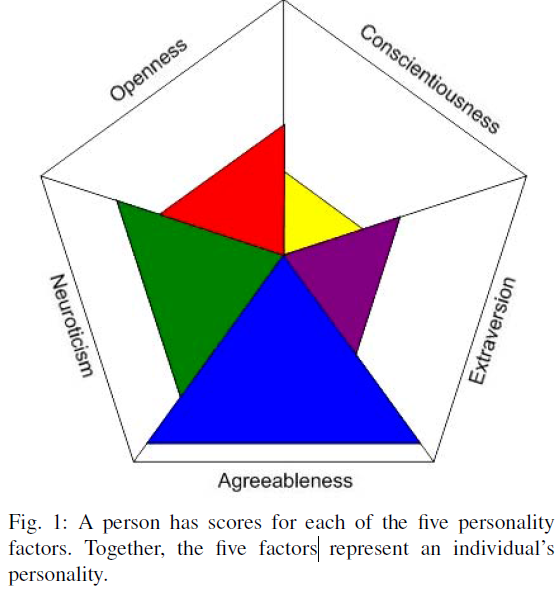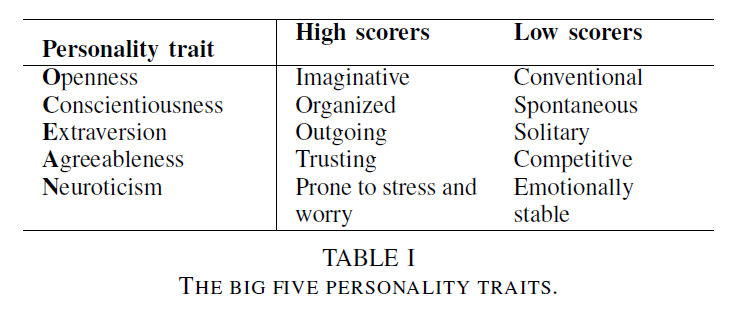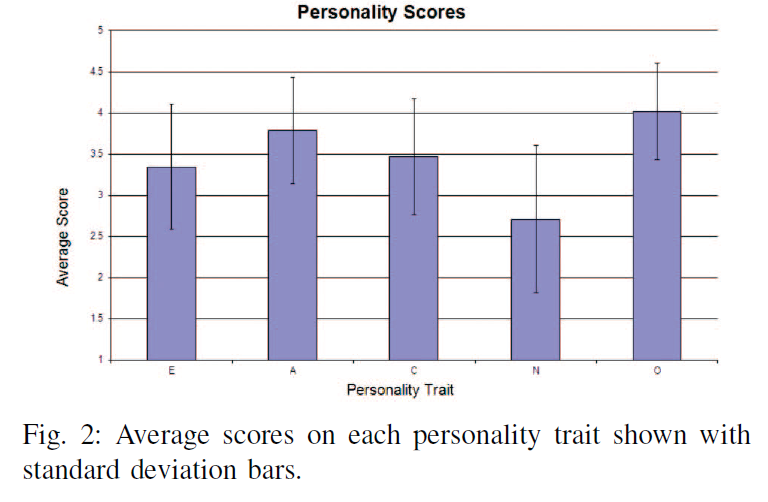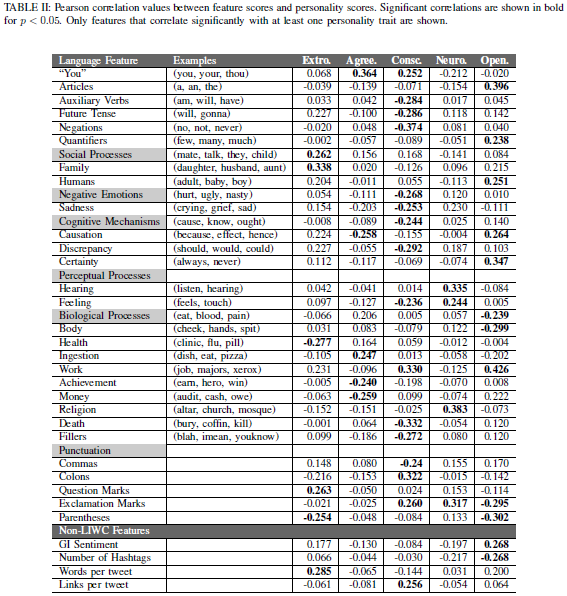 Each year the traditional resume comes a little closer to becoming a historical relic. It may never fade away entirely, but it will be predominately replaced by the modern resume." For some background reading, see our post, "You are More than Your Resume."
Each year the traditional resume comes a little closer to becoming a historical relic. It may never fade away entirely, but it will be predominately replaced by the modern resume." For some background reading, see our post, "You are More than Your Resume."
A resume won’t mean what we’re all familiar with: a brief written account of your personal, educational, and professional experience that’s prepared by you, the applicant. Instead, recruiters are quickly adapting to social recruiting practices—thereby acquiring information about you by examining your social footprints.
Where is this going to take us?
Eventually this social data about you, across the entire web, will be automatically acquired and curated. Recruiters and hiring managers will use intuitive search software to navigate millions of distinguished candidates instead of personally sifting through individual social media sources.
Yet for the time being recruiters are overusing networks like Facebook, LinkedIn, and Twitter; many recruiters are still learning how to target their audiences on social media.
So let’s take a close look at one of these social media sties. What can twitter, where user profiles are chiefly visible to the public, tell us about a candidate?
In case you’re wondering how cogent or penetrating this social data is, two unique studies from the University of Maryland and the University of Cambridge unequivocally demonstrated a relationship between personality and social media usage.
A few studies, primarily using Facebook, found that the nature of online interactions do not significantly differ from the physical world.
Since online actions mirror our physical world, researchers and psychologists are continuously trying to understand the relationship between social media and personality.
NOTE: The insights to follow are based on technical methodologies used by two computer science and psychology-based studies to understand personality, and different types of twitter users in context to the “Big Fie Personality Test.” You don’t really need to worry about this because at this moment in time, as a recruiter, your tasks will be to screen candidates in the socialsphere in order to make informed decisions (see Reppler’s infographic below).
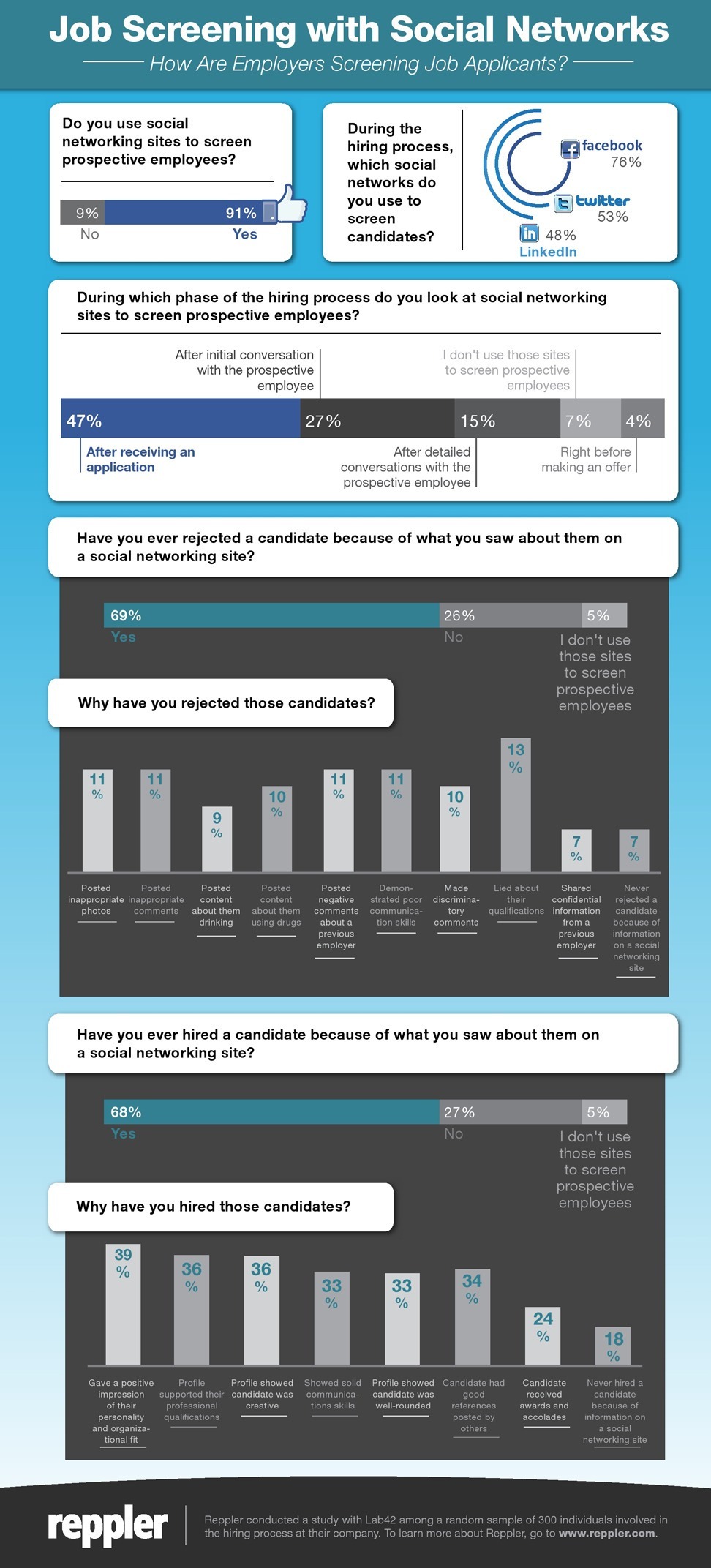
So forget about all the technical details, some of the best findings of these studies are the four personality types:
- Listeners (typically older and they have a higher numbers of other users they follow)
- Popular (users who are followed by many other users)
- Highly-read (users saved in others’ reading lists)
- Influentials (two types: Klout score based on clicks, replies, & retweets; and Time score based on a computation of one’s popularity on both Twitter & Facebook)
What’s great about this information? Using these four categories of user types provides you with a mental map for assessing a candidate’s personality. Here’s a clearer breakdown of what “Big Five” correlates to:
The predictions for the five personality traits were based on three counts:
- Following
- Followers
- Listed counts
Here are the big takeaways from “Our Twitter Profiles, Our Selves: Predicting Personality with Twitter,” where 335 users were analyzed to gather personality data (a dual study from the University of Cambridge & Nottingham):
- Popular and influential users were shown to be extroverts who are emotionally stable—ranking low in neuroticism traits
- Popular users tend to be imaginative, signaling openness
- Infulentials tend to be organized, ranking high on the conscientiousness scale
- Listeners and popular users are usually older with strong correlations to extraversion
- Highly-read users lean toward openness—which is generally associated with descriptive terms like imaginative, spontaneous, and adventurous
- Influentials rank highly with regard to conscientiousness, entailing trait terms like ambitious, resourceful, and persistent
A 2011 study from the University of Maryland, “Predicting Personality from Twitter,” beautifully demonstrated how personality is relevant to many types of valuable interactions—predicting job satisfaction, and professional and relationship success. Here’s a key section lifted straight from the study:
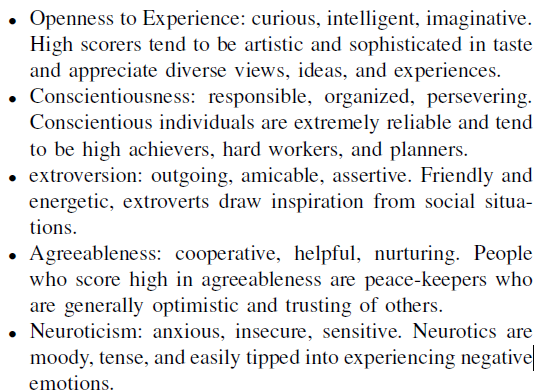
This study also reminds us of the lexical approach to measuring personality. Below is a great table to reference is you’re looking closely at word choice:
Sooner, rather than later, these sorts of insights will become more relevant. For now, however, your best bet is to create a simple screening process (as demonstrated by the Reppler’s infographic). Remember to tread lightly with respect to drawing larger assessments about candidates based purely on their social media profiles like Twitter. This approach should only be one tool in your evaluation kit.
In time we will see the analytics of these studies be tested and retested, and then eventually automated. Knowing just a little bit about the science behind these methods goes a long way in helping you visualize the future of recruitment.

